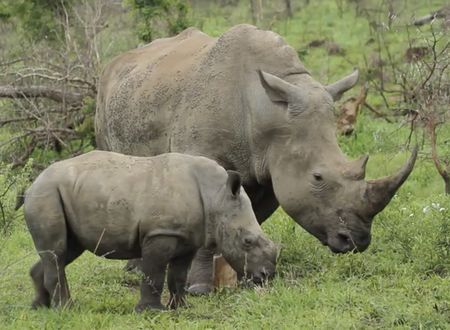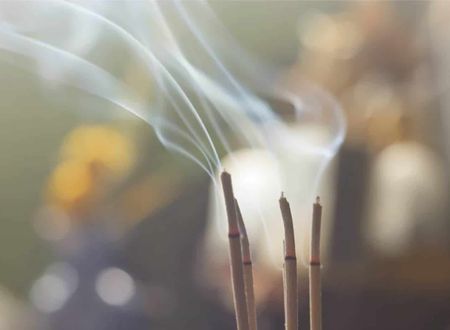In today’s news, one of the headlines read thus: Vande Bharat Express rams into cattle near Atul station in Gujarat… A reader retorted: “Why can’t it be said as cows on train tracks damage train? The reporting is like the train is running behind the cows and hitting them.”
I couldn’t agree with him more. But then if a cow blocks a train track it is no news. On the contrary, if the media writes something on India’s current rage, the indigenous Vande Bharat, which picks up the 0-100 kmph speed in 52 seconds as against 54.6 of the bullet train, it is news. And the media is there to cash in on it. What if they reword it to sensationalize it? Their prerogative. India is a democratic nation and the media is entitled to its views.
That takes me to the days when I accompanied my uncle to Delhi for a job, as a young man of 18 or 19. Working for Lok Sabha, he used to share with me interesting anecdotes of the sessions. Piloo Mody was a great Parliamentarian bestowed with a tremendous sense of humour and presence of mind. It seems one of his casual remarks on a specific subject attracted severe criticism, and the House wanted him to apologize and withdraw his comments. After several twists and turns to defend his statement, he declared in the end: “Regardless, you may consider the statement withdrawn.” The House felt happy and applauded. No less, Piloo Mody. He asked them to consider it withdrawn, not necessarily he withdrew it.
Having spent the best part of my life in Delhi, I too am familiar with the expression that some shopkeepers use to reassure customers and at the same time commit themselves very little. When a customer asks the shopkeeper, ‘what is the guarantee of this product? “Hum kis liye bhaite hai saab.”(It could as well be to suggest you, if approached later with a complaint, to contact the manufacturer direct, or to raise his hands. “We ourselves don’t get any guarantee from the supplier, what guarantee can we give you sir? This is the problem with local products. One should always go for branded ones.” He makes you a bakra. Or to borrow the Malayalam expression, vaati prativaati – prosecutor forced to become a defendant. And, if by chance there are other customers around, you become a laughing stock – penny wise pound foolish, you could hear someone murmur if you stretch your ears.
I had a British friend in Geneva. He deployed selective words even in his casual conversations. There was one guy in the Department who was low in the popularity chart (read: hated him). When someone asked my friend how he felt about him, he said in his customary guarded way: “he is not one of those whom I like the best.”
In the cold war days of Russia and America, this feeling ran through even in sports and games. In a particular sport between the two countries, American won. Russia announced: American first, and Russia second. In another, Russia won. And Russia lost no time to announce: Russia came first, and America…last.









Comments & Discussion
18 COMMENTS
Please login to read members' comments and participate in the discussion.